Thousands Of Voters Didn't Cast A Ballot In Wisconsin Because Of Voter ID, Study Finds
Wisconsin’s voter ID law discouraged as many as 23,252 people in the state’s two largest counties from voting in last year’s presidential election, according to a new study by researchers at the University of Wisconsin-Madison.
The study, based on a survey of people in Milwaukee and Dane counties who did not vote, says the law discouraged 16,801 to 23,252 people from voting. The researchers estimated that 9,001 to 14,101 people actually were blocked from voting, based on answers from nonvoters who said the main reason they didn’t cast a ballot was because they believed they didn’t have acceptable ID.
The study adds to the debate over voter ID laws and their effects on voter turnout. Backers of the laws say they are needed to combat voter fraud. Critics say the laws are unnecessary because widespread voter fraud is not a problem. Voter ID laws make it more difficult for minorities, low-income people and the elderly to vote, opponents say.
Wisconsin was a key state for President Donald Trump on his path to the presidency. Trump defeated Hillary Clinton in the state by 1 percentage point ― 27,257 votes. The new study didn’t ask respondents which candidate they would have voted for, so the researchers can’t say if the voter ID law swung the election.
Clinton has relied on a questionable study to blame voter suppression in Wisconsin as a reason she lost the election.
The new study provides fresh evidence for critics of voter ID laws. It found that 28 percent of African Americans were deterred from voting, compared with 8.3 percent of white registrants. Twenty-one percent of voters with a household income less than $25,000 were deterred, compared with 2.7 percent of those with household incomes of more than $100,000.
Kenneth Mayer, a University of Wisconsin political science professor who conducted the study, said many of the people who responded to the survey said they did not vote because of the voter ID law, even though they possessed an acceptable form of ID.
“The survey found considerable confusion about the law,” Mayer and fellow researchers said in a statement. “Most of the people who said they did not vote because they lacked ID actually possessed a qualifying form of ID. This confusion may be the result of a lack of effective efforts educating eligible voters of the requirements of the law, and it is consistent with other studies that show many otherwise eligible voters are confused about ID laws.”
Wisconsin Gov. Scott Walker (R), who has championed the state’s voter ID law, dismissed the link between decreased turnout and voter ID, said a spokesman, Tom Evenson.
“The public supports voter ID because it protects the integrity of our voting process, and this law makes it easy to vote and hard to cheat,” Evenson said in a statement. “Voter turnout in the presidential primary was the highest since 1972 with voter ID in place. Lower turnout in the general election was seen nationwide. It was not unique to Wisconsin or voter ID.”
Some experts cautioned that the study’s sample size of 293 respondents may not be large enough to draw firm conclusions.
“It becomes hard to draw conclusions from a sample that small with any kind of confidence,” said Ryan Enos, a professor of government at Harvard. “When we start looking at even smaller subgroups ... that becomes even harder, because that sample size becomes even smaller and smaller.”
Enos said the study also illustrates the difficulty of measuring the effect of voter ID laws, and the challenge of finding a representative sample of nonvoters, who may have a myriad of reasons for not casting a ballot.
The survey sent to nonvoters in the two Wisconsin counties asked people to choose from a number of reasons why they didn’t cast a ballot. But Enos said they may be likely to select the reason that casts them in the best light.
“When we offer people on a survey a menu of reasons we did things, we’re going to point to the one that paints us in the best light ... We might find the one that says it wasn’t our fault,” Enos said.
Despite those caveats, Enos said he still considered the study important.
“This is not to say that the authors used any faulty methodology or they did anything wrong in that sense. It’s just to say there’s serious limits on what we can learn from it. But that’s true of all social scientific research.”
Rick Hasen, a law professor and election expert at the University of California, Irvine, said the deeper question was why the laws were necessary at all.
“While turnout effects (and electoral outcomes) interest a lot of folks, I continue to believe that this is not the central question about voter ID and similar laws,” Hasen wrote in a blog post. “The question goes to the dignity of each voter and asks why the state should be able to make it harder for people to vote for no good reason (and these laws don’t seem to stop any appreciable amount of fraud).”
This article has been updated to a statement from Scott Walker’s spokesman.
Related Coverage
Hillary Clinton Partly Blames Voter Suppression For Her Loss, But Experts Aren't So Sure
Also on HuffPost

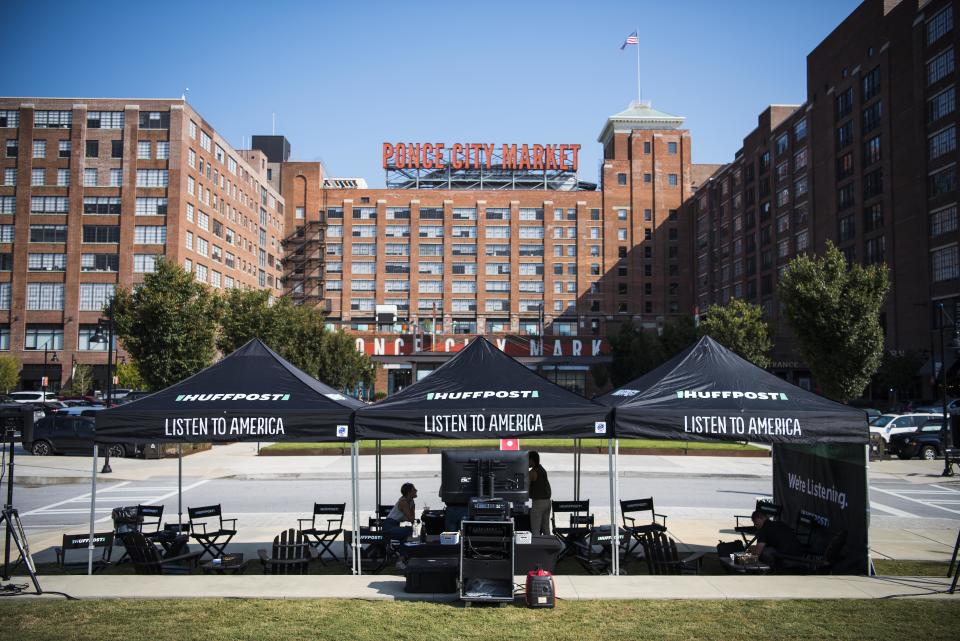
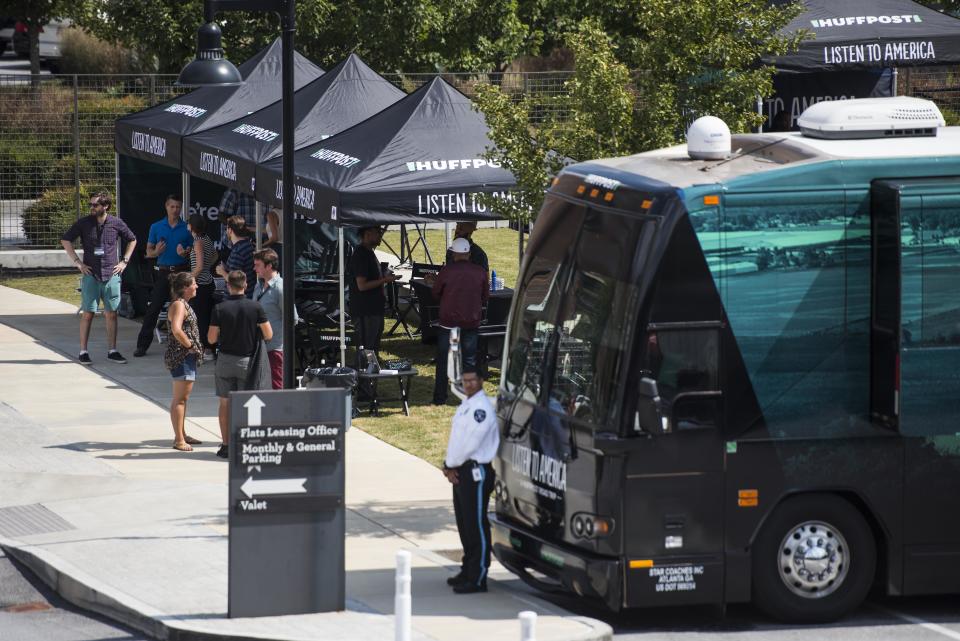

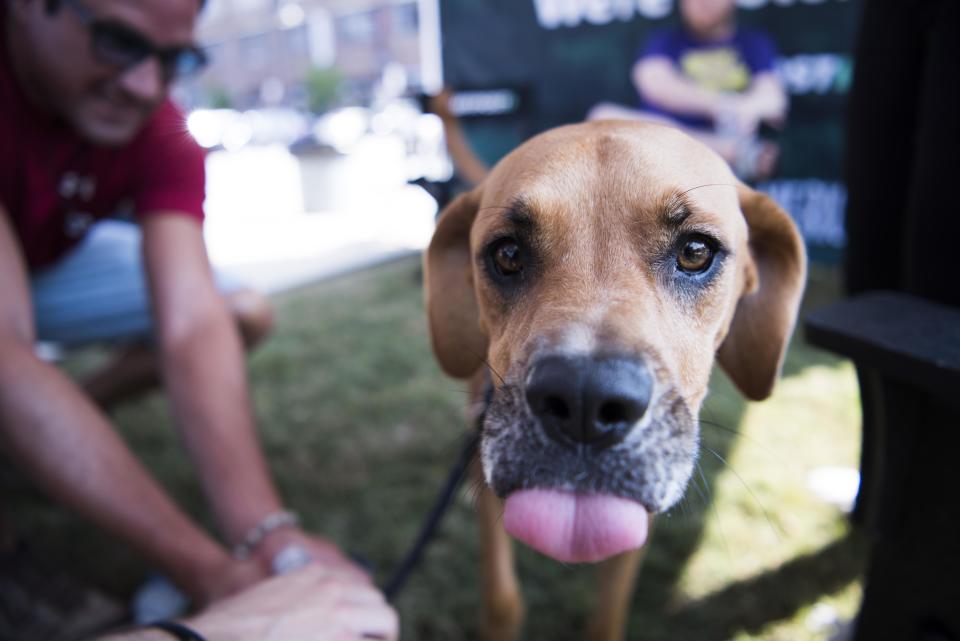
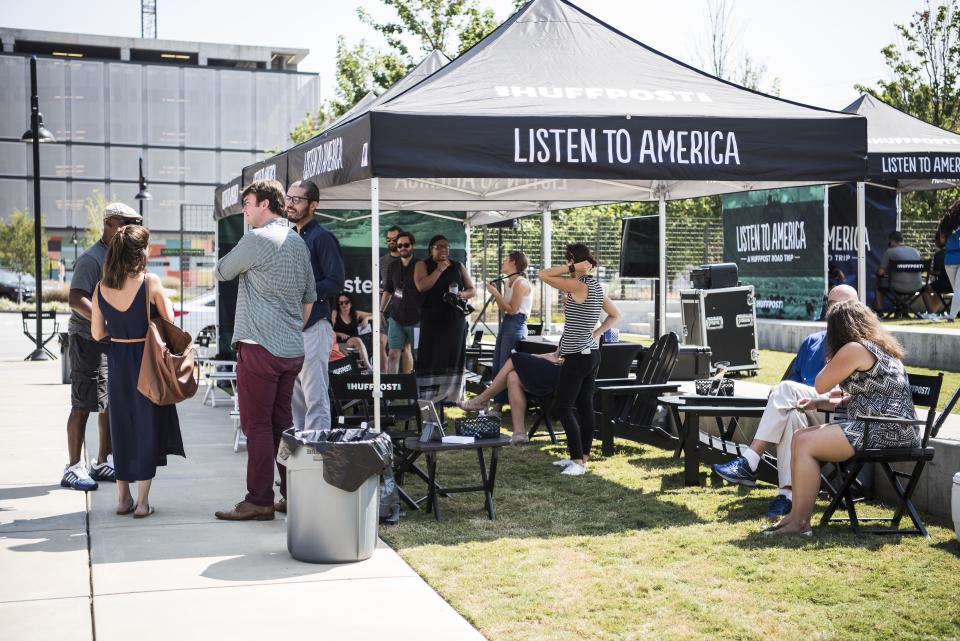


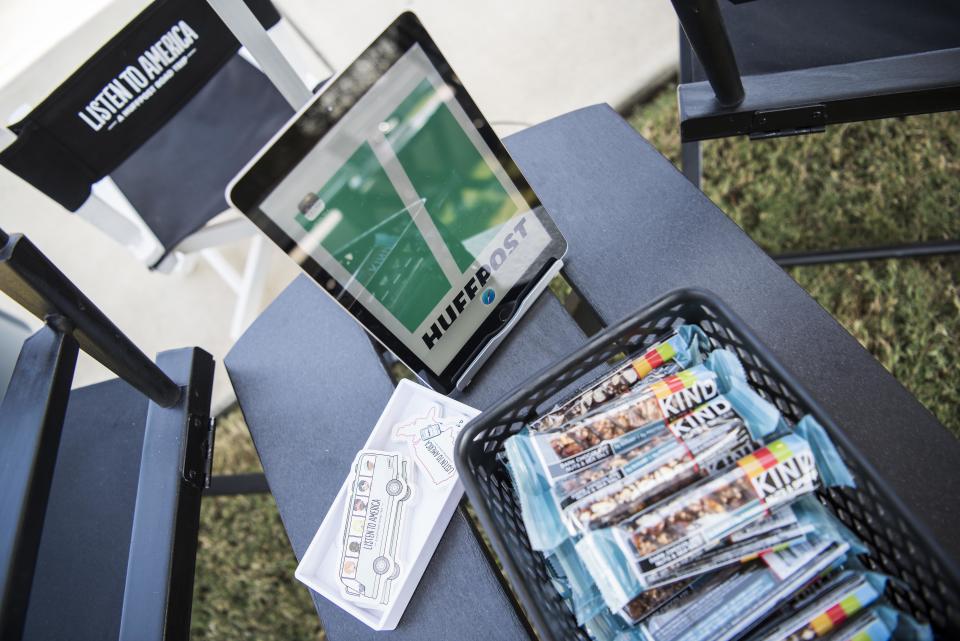
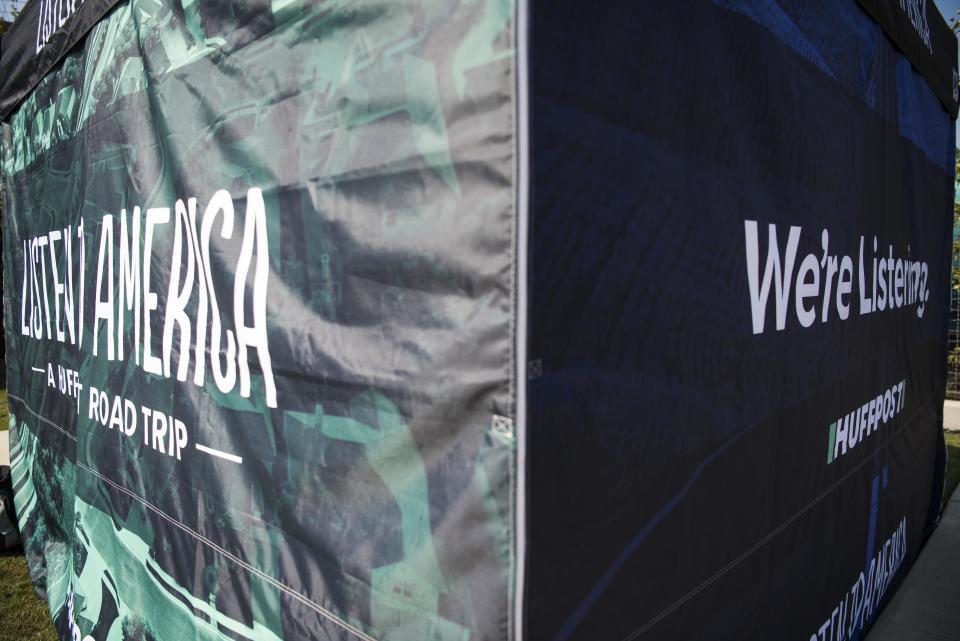

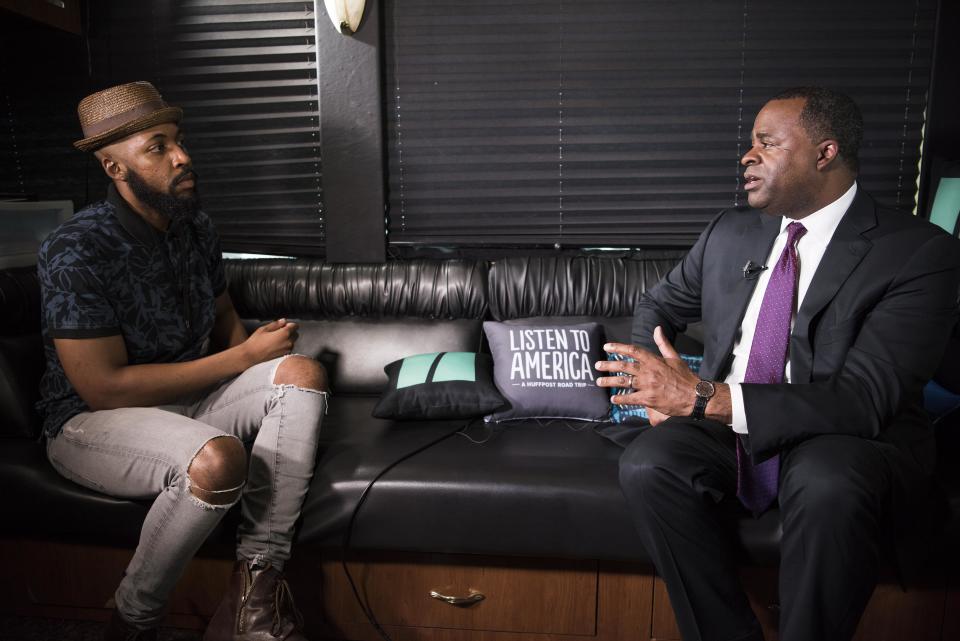
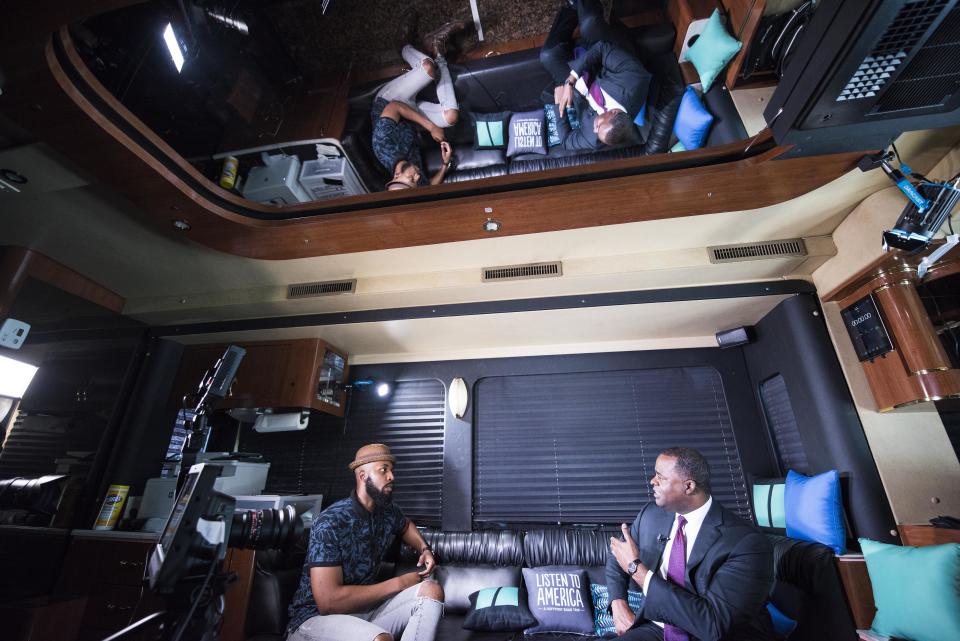
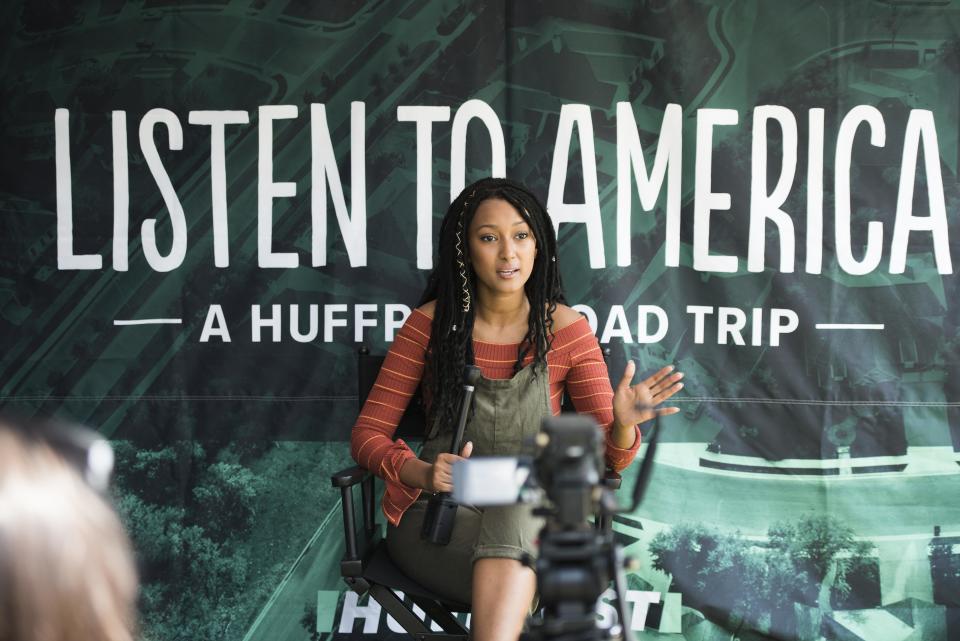
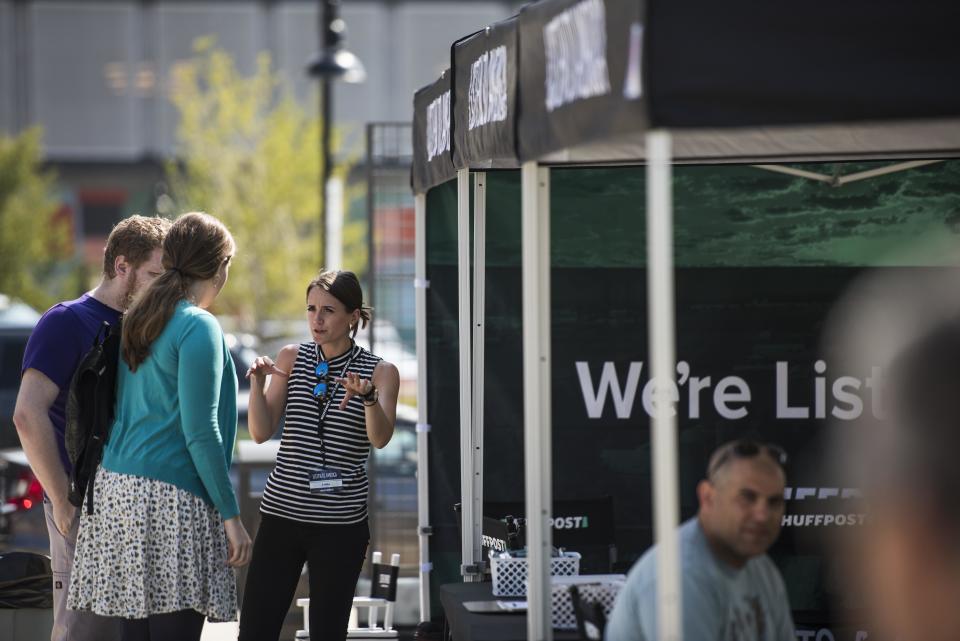

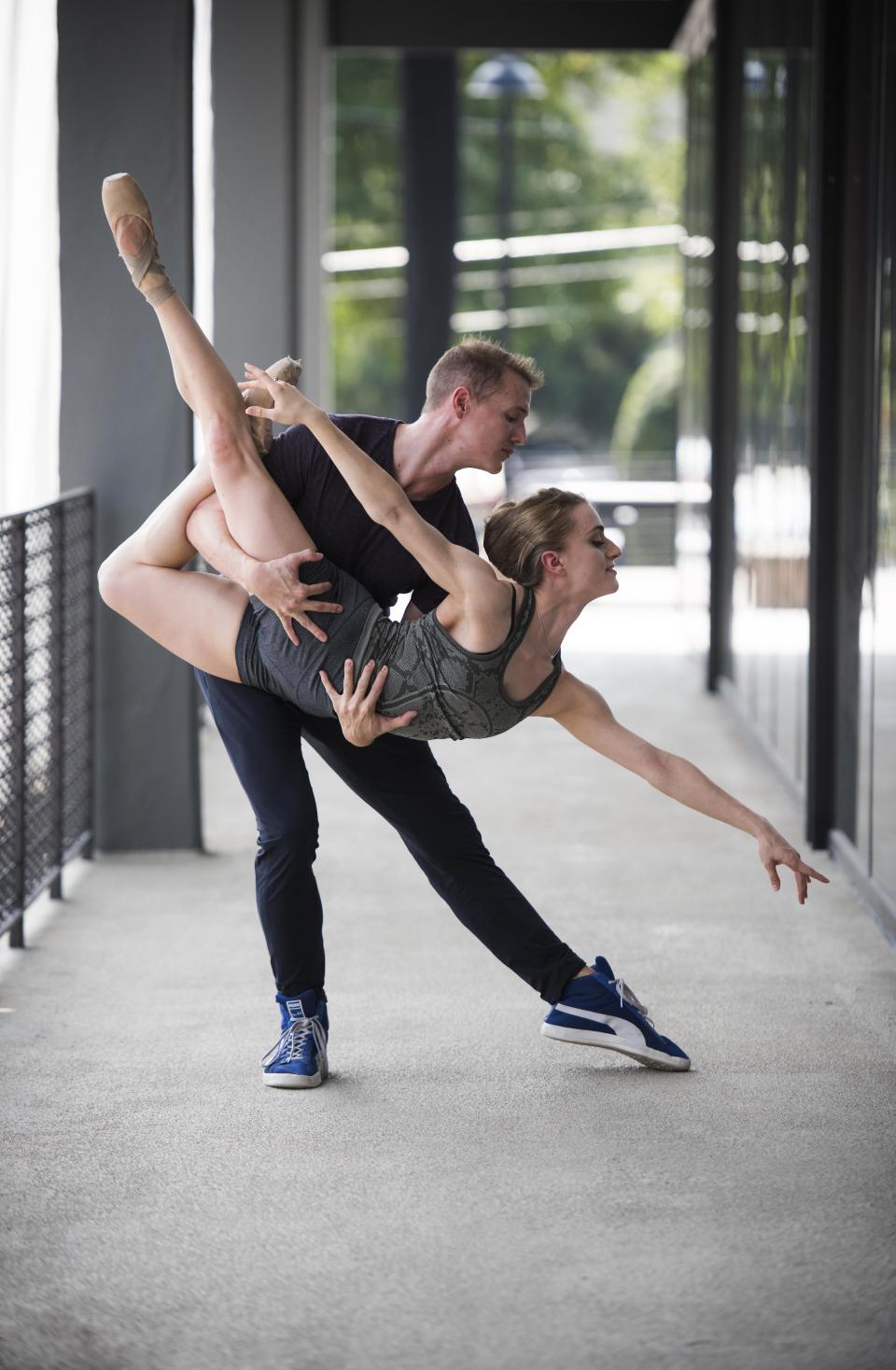
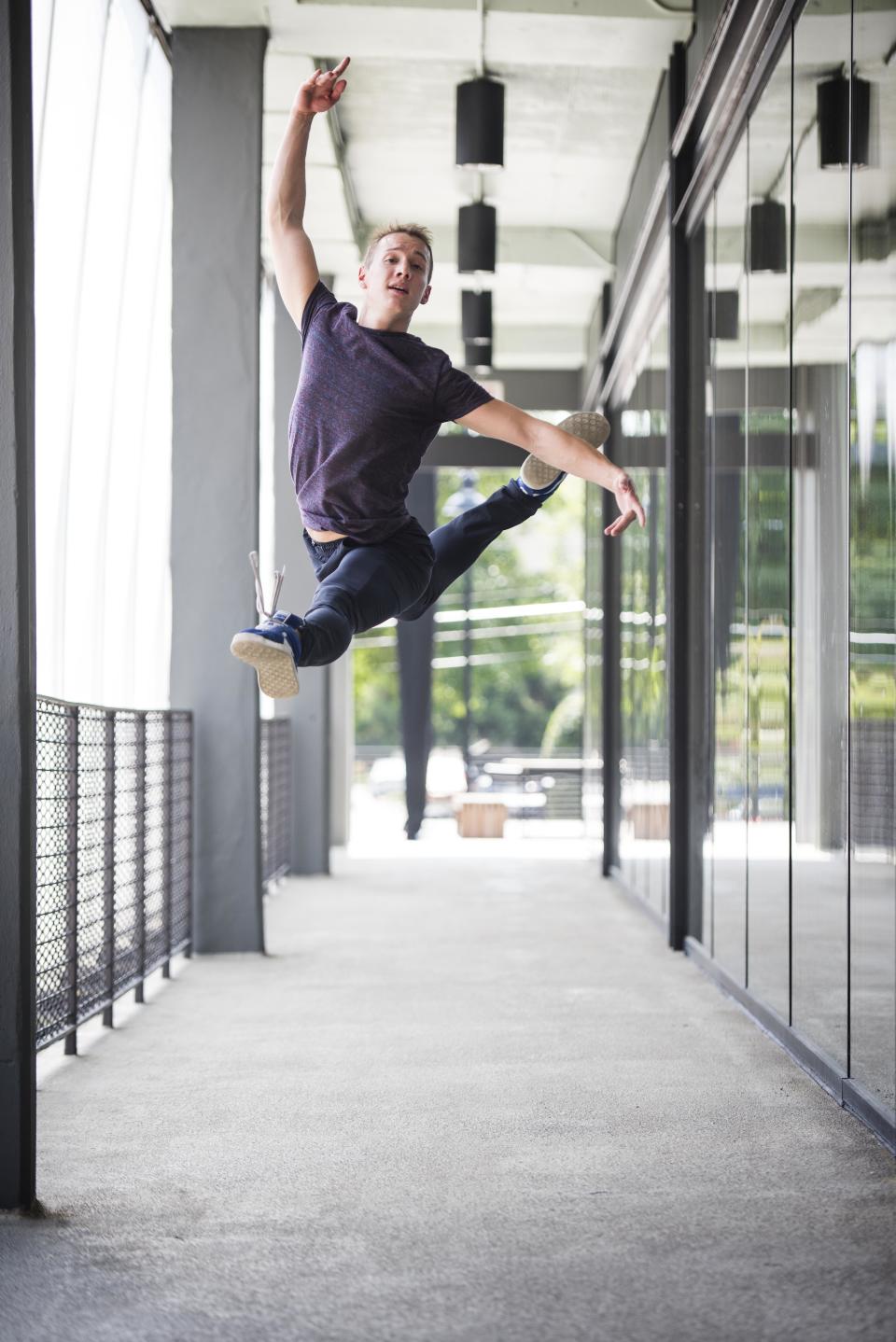

Love HuffPost? Become a founding member of HuffPost Plus today.
This article originally appeared on HuffPost.

